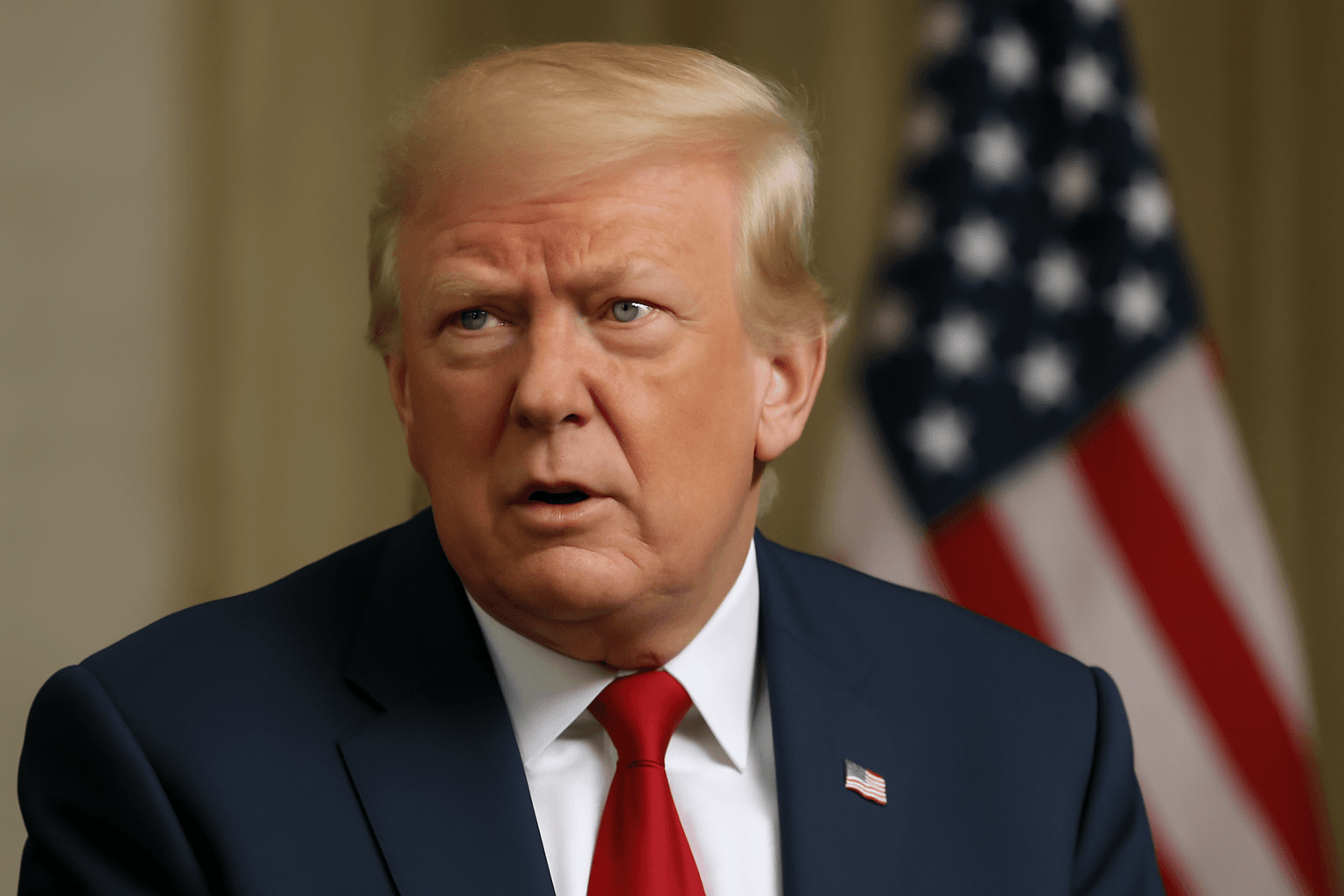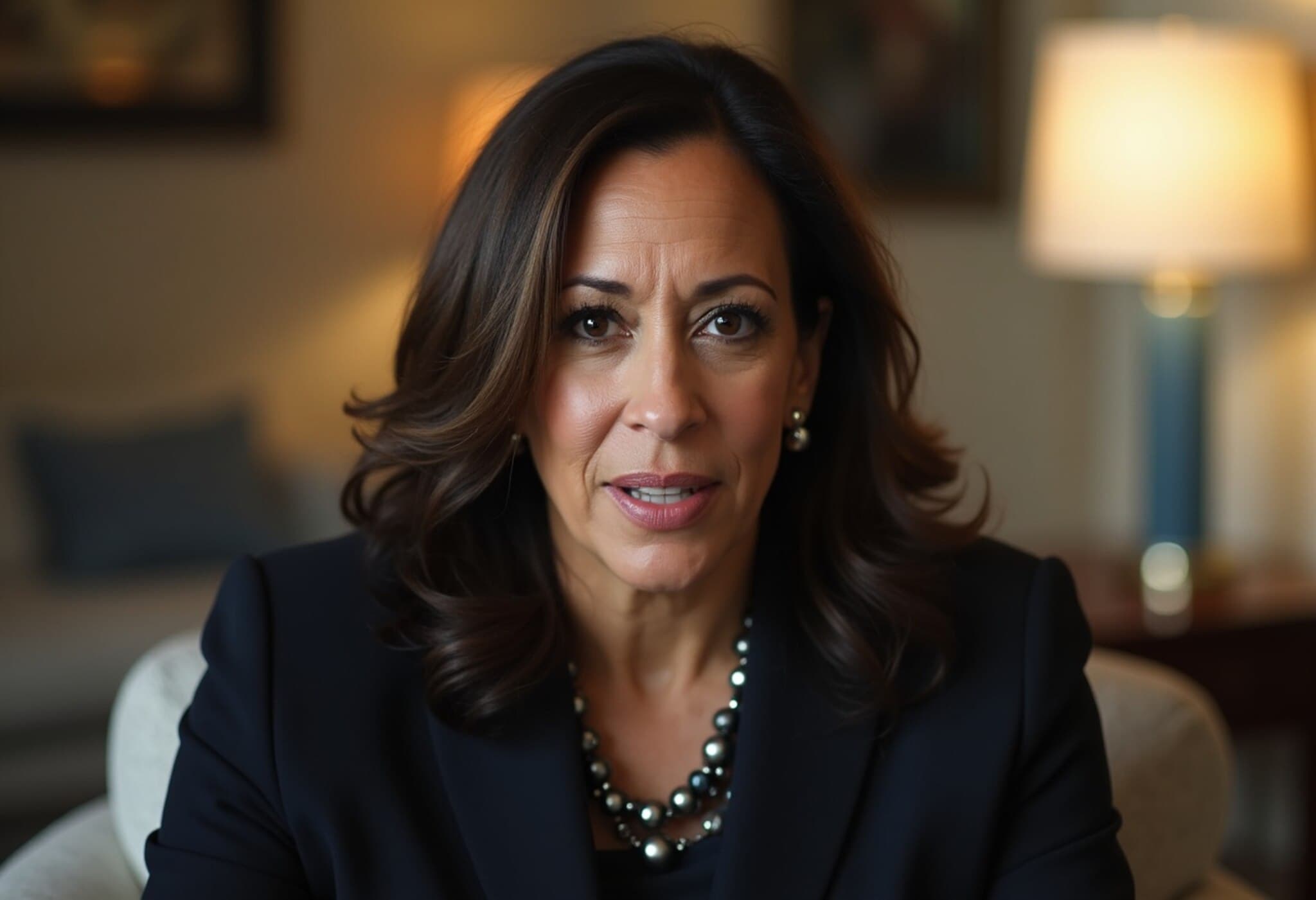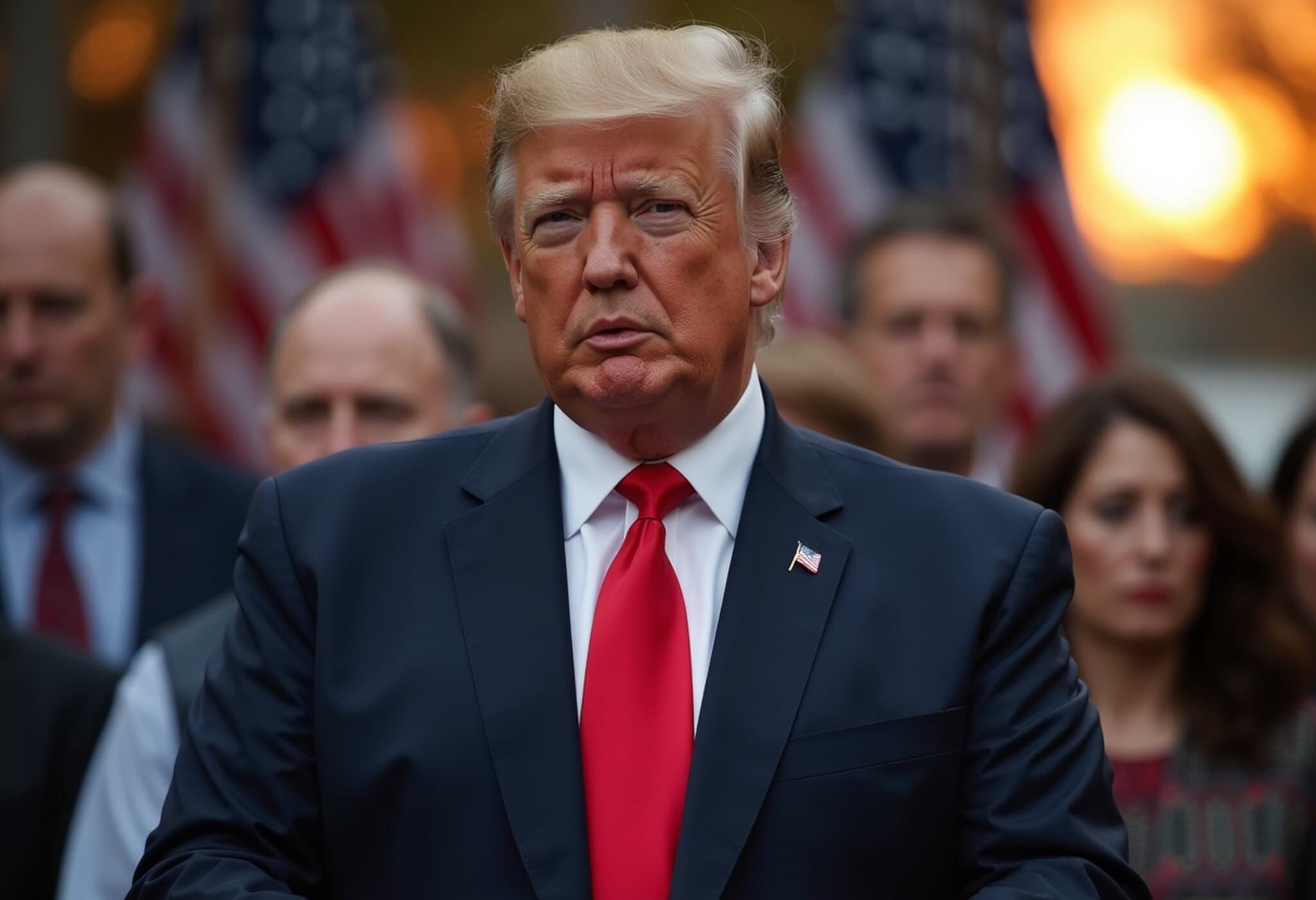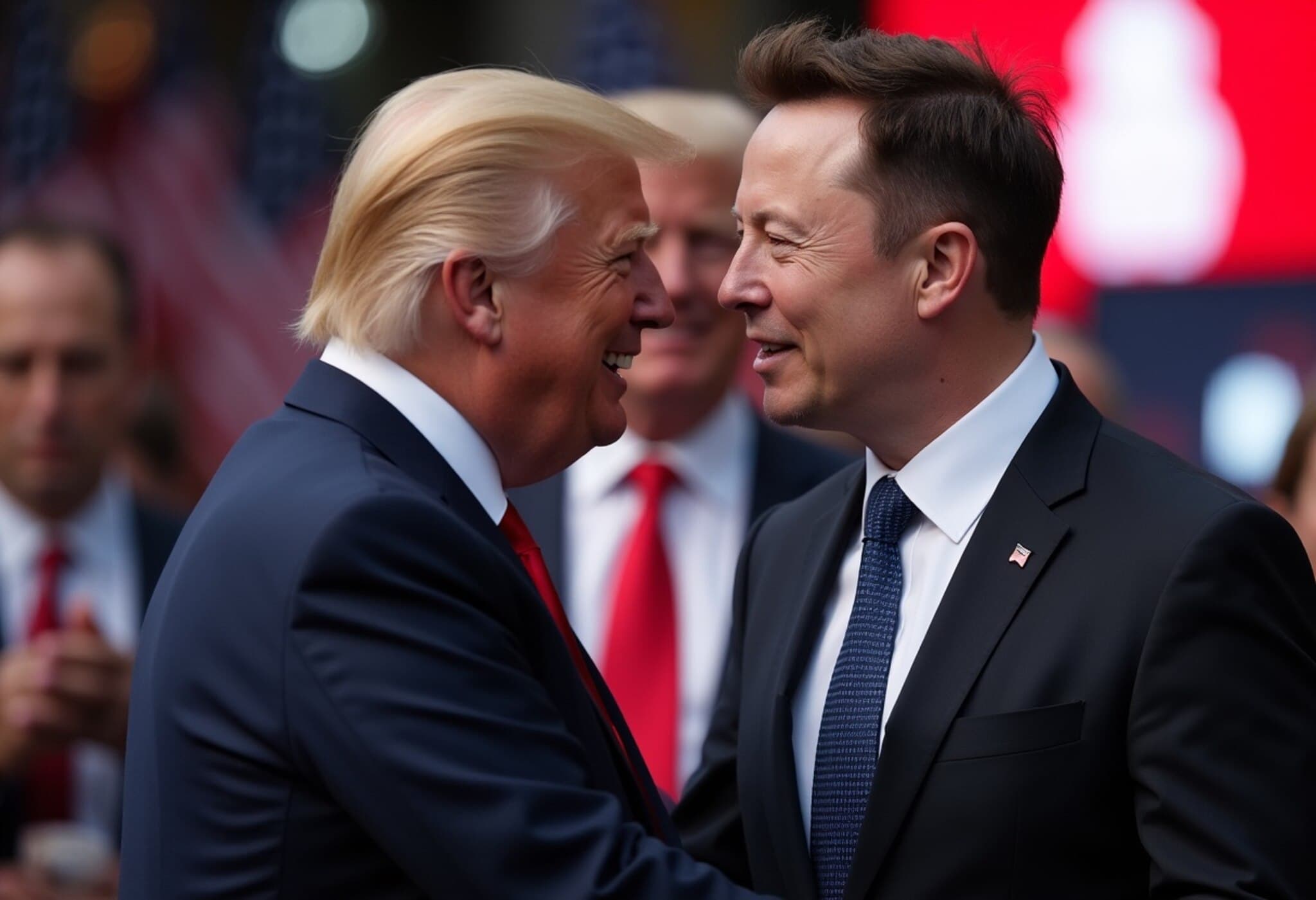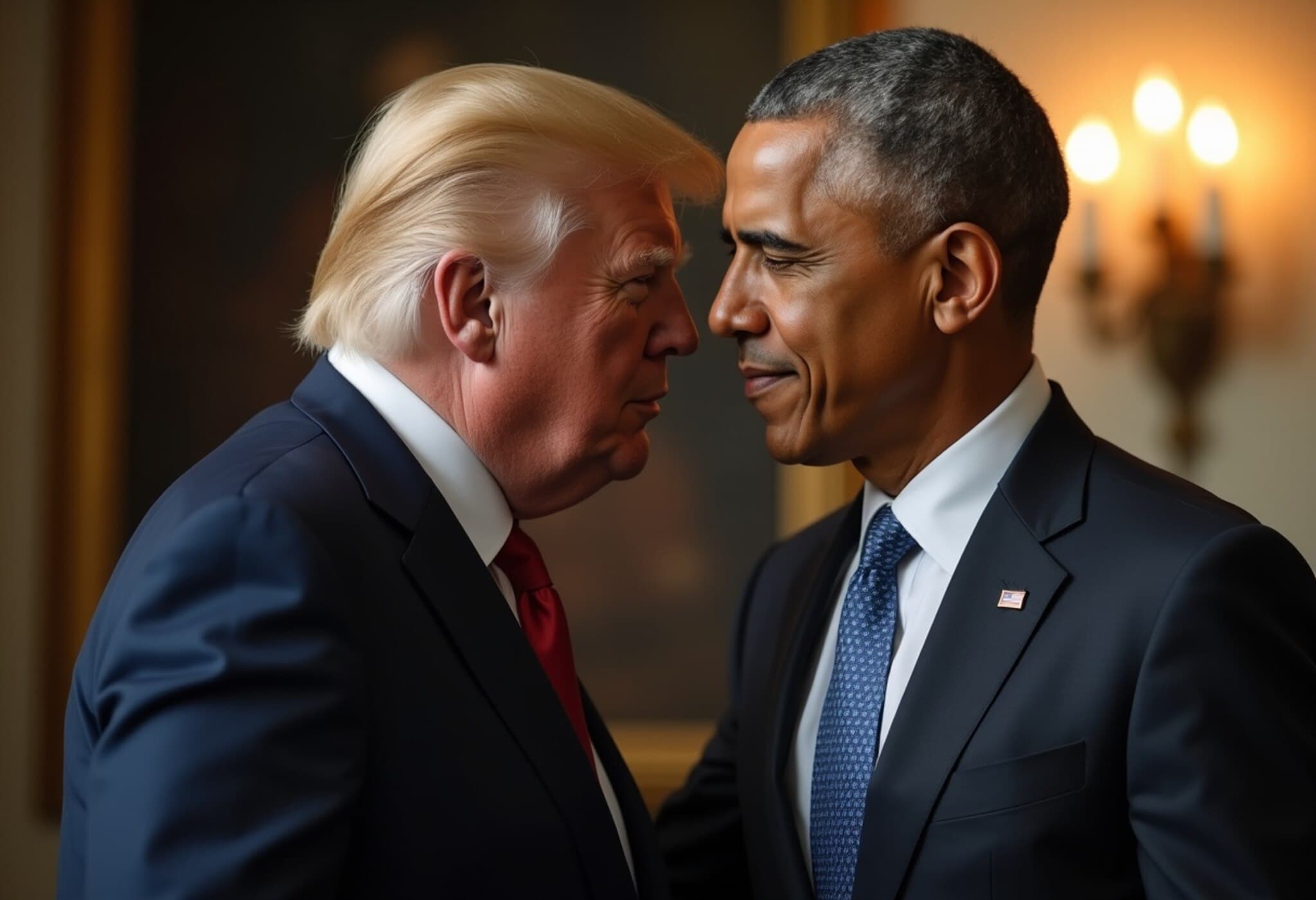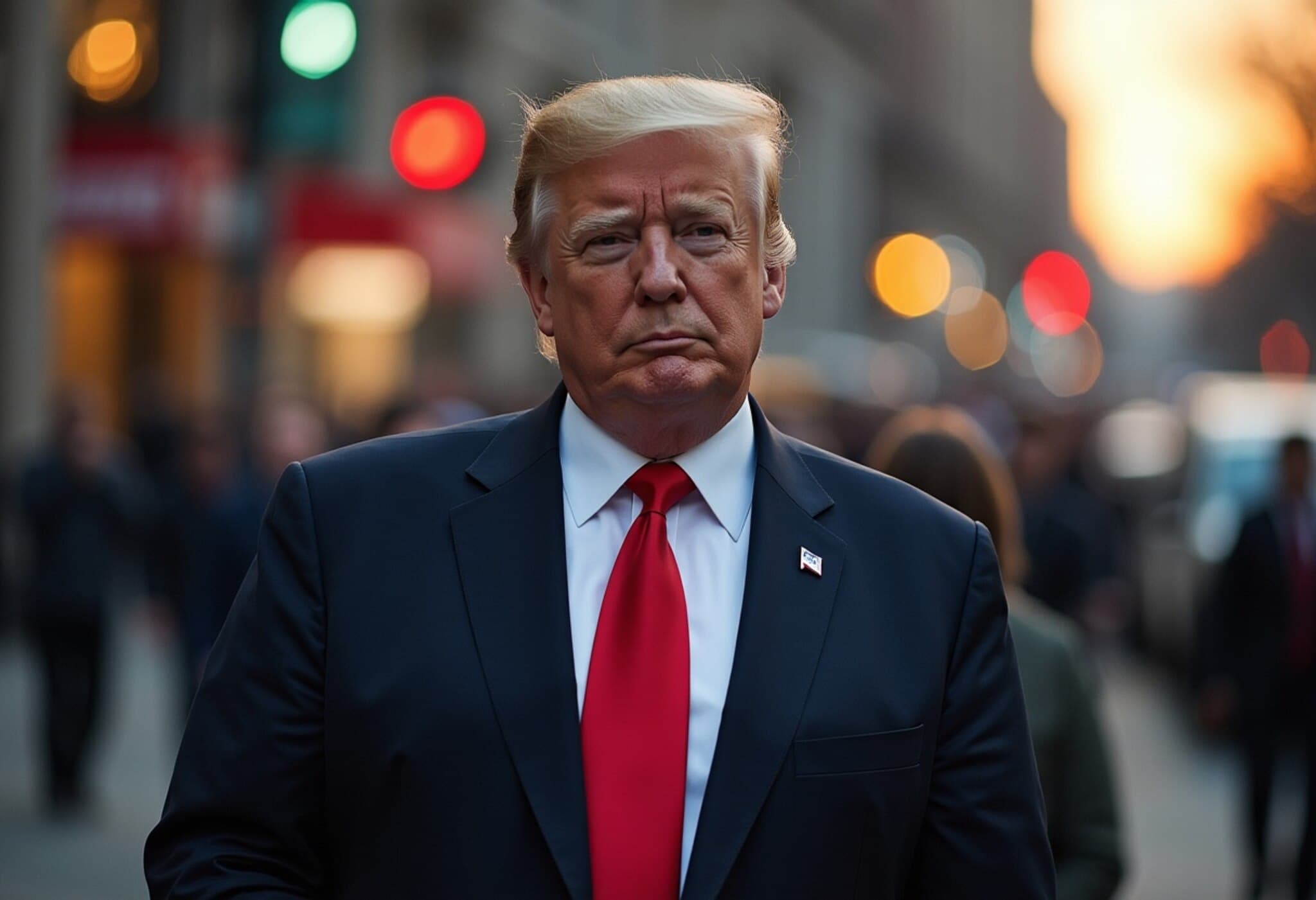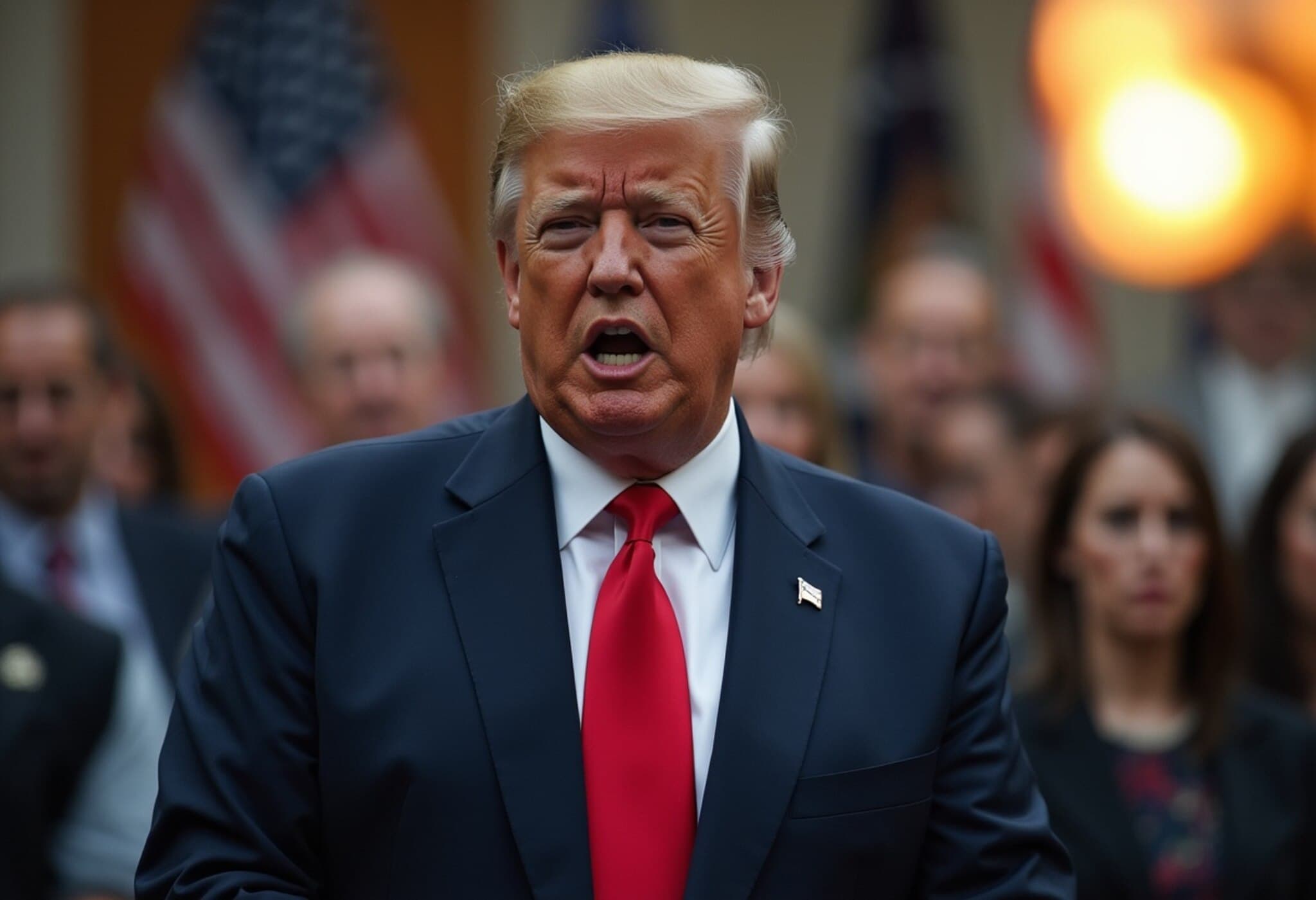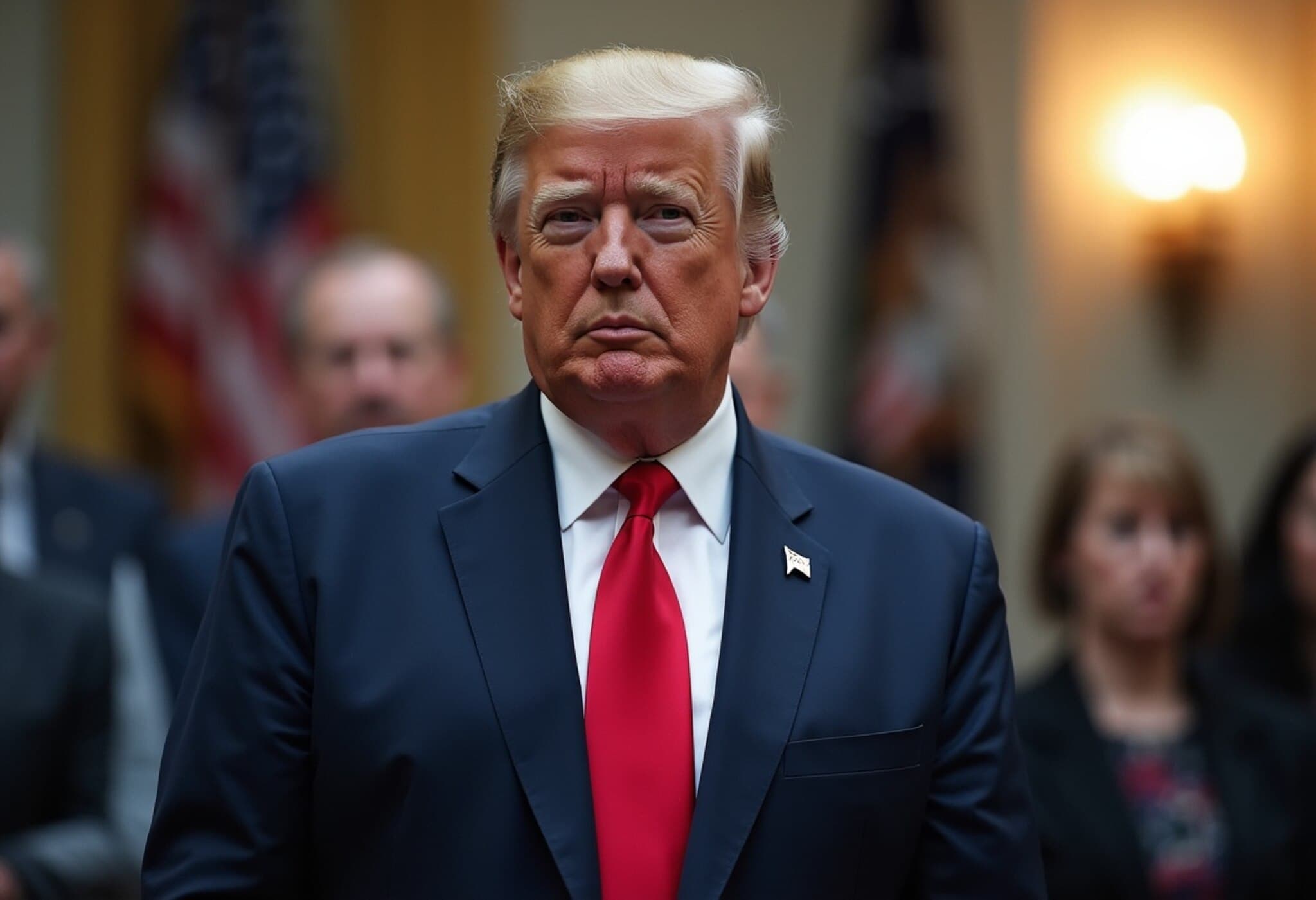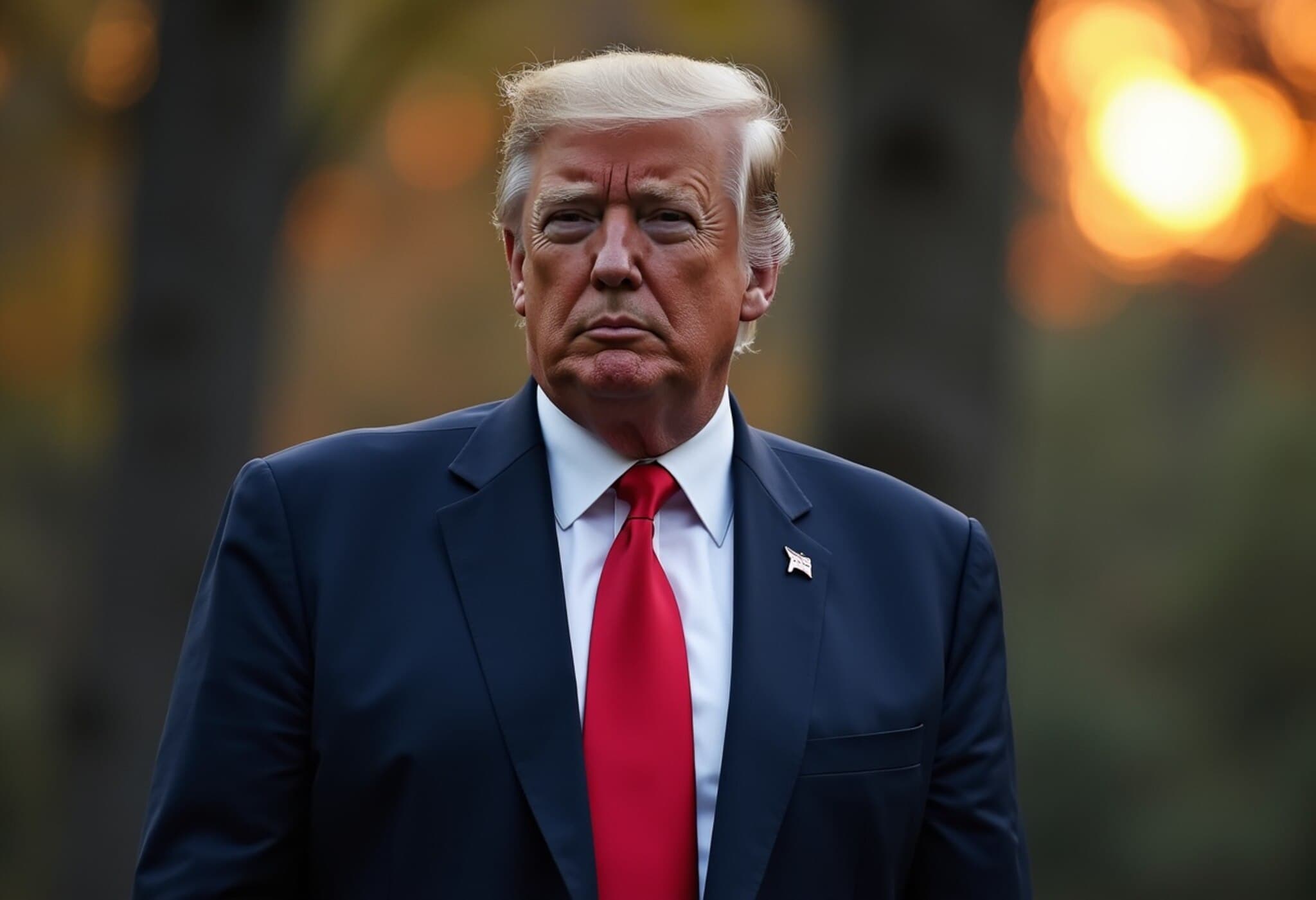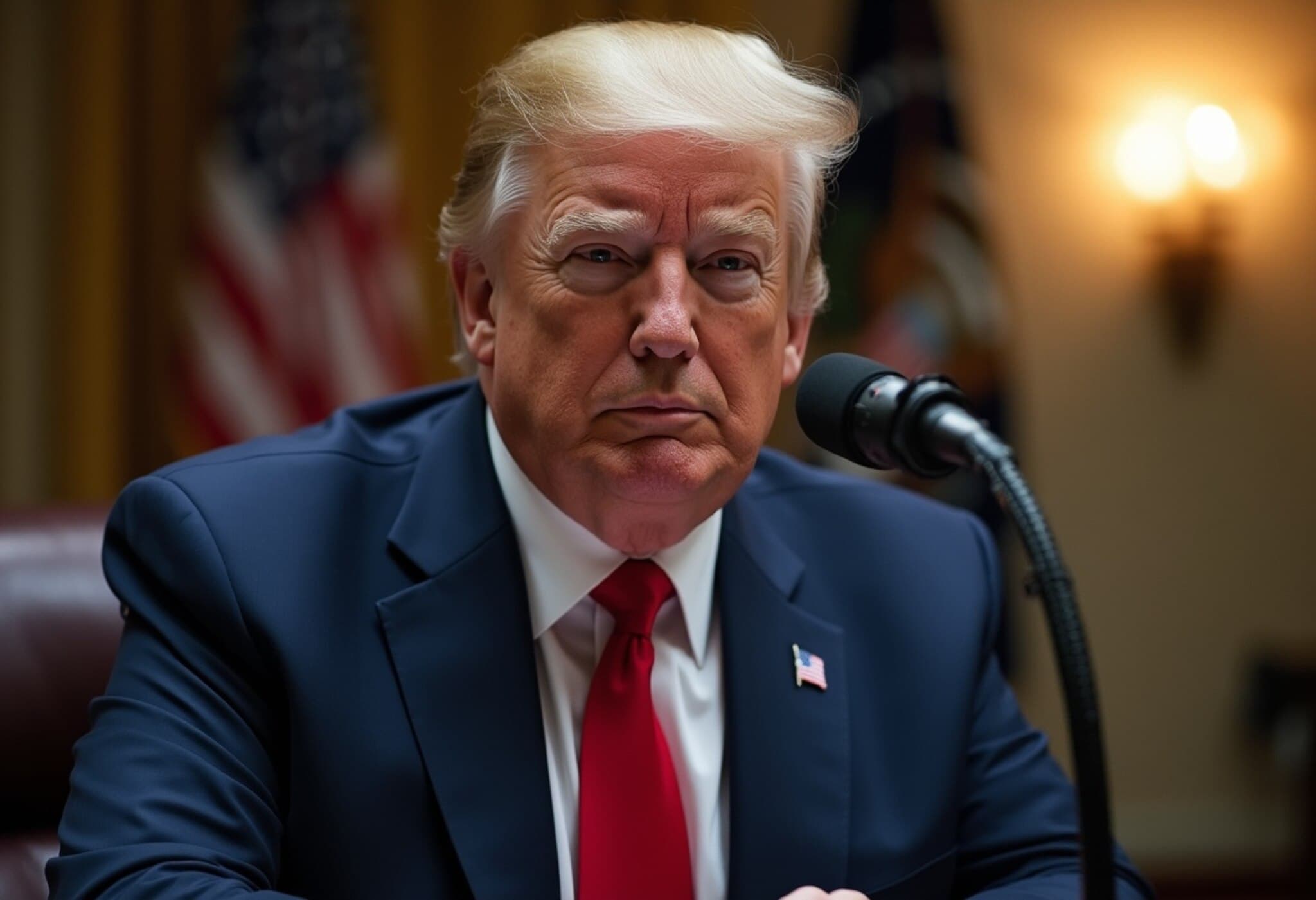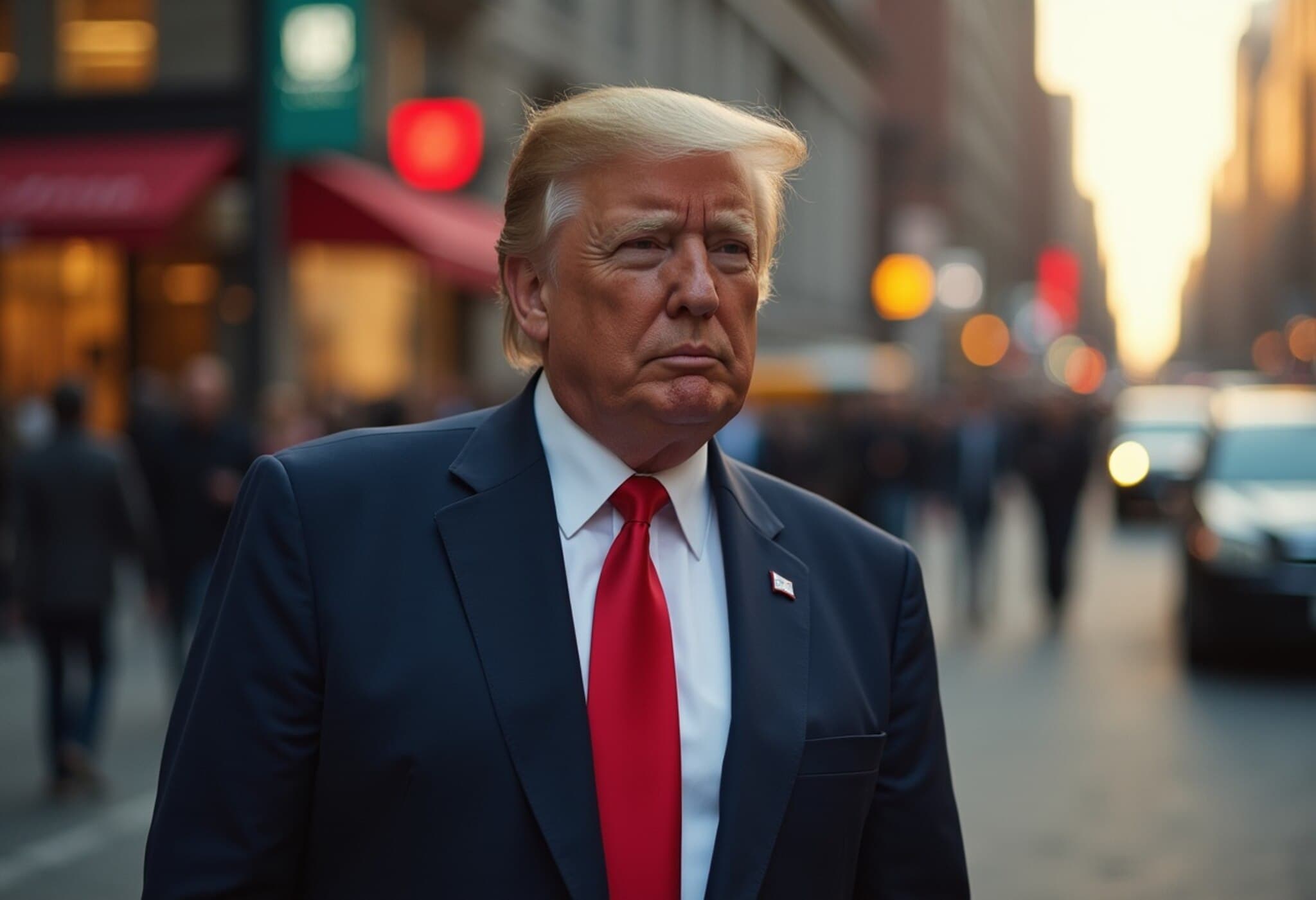Trump Criticizes Republicans Calling for Jeffrey Epstein Files Release
In a fiery statement on Wednesday, former President Donald Trump lashed out at a faction within his own Republican base pushing for the public release of government documents related to Jeffrey Epstein’s notorious sex-trafficking case. Labeling these demands as a "scam" and the "Jeffrey Epstein Hoax," Trump made it clear he does not want support from those he deems "weaklings" who continue to focus on what he refers to as conspiracy theories.
The Epstein Files Controversy: A Divisive Issue Within the GOP
Jeffrey Epstein, a financier and convicted sex offender who died by suicide in jail in 2019, had cultivated a web of connections with high-profile figures in politics, business, and society. The mystery surrounding his relationships has fueled decades-long speculation and conspiracy theories, now inflaming divisions within the MAGA movement.
Some prominent Trump supporters and conservative commentators — known for vociferously defending the former president — argue that critical law enforcement records remain hidden from the public. They assert that these documents could shed more light on Epstein’s associates and potentially incriminate other influential figures.
Department of Justice’s Stance and Attorney General Pam Bondi’s Role
This month, the Department of Justice (DOJ) made a decisive move by declining to release additional Epstein-related files. The DOJ also publicly stated that a rumored "Epstein client list" does not exist, a revelation that only intensified speculation. Attorney General Pam Bondi, who oversees the department, has become a focal point of controversy amid these claims. Trump, however, has stood firmly by Bondi’s side throughout the unfolding dispute.
Political Fallout and Strategic Implications
Trump’s stern remarks appear calculated to quell internal dissent and redirect the MAGA movement’s energy away from Epstein-related inquiries. In his statement, Trump accused these questioning Republicans of inadvertently aiding Democrats, whom he branded the "Radical Left." He criticized those still pushing for the release of Epstein files as doing "the Democrats’ work," emphasizing that their focus undermines acknowledgment of his own political achievements.
- Trump’s messaging suggests a strategic choice: to prioritize celebration of his political successes over brooding on divisive past scandals.
- This internal conflict reveals fractures: the tension between loyalty to Trump and demands for transparency on highly sensitive issues.
- Democrats appear poised to exploit this MAGA fissure: potentially leveraging Epstein-file debates to weaken Republican unity ahead of upcoming elections.
Contextualizing: Why Epstein Files Matter
Beyond the partisan dynamic, the Epstein case touches on broader issues of justice, elite accountability, and transparency in the American legal system. The hesitation to release documents raises questions about governmental secrecy and possible institutional protection of powerful individuals. For many voters, especially younger and independent ones, these concerns weigh heavily in evaluating the integrity of public officials and political parties alike.
Expert Insight:
Legal analysts note that withholding Epstein-related files could stem from a desire to maintain privacy for ongoing investigations or protect innocent parties, yet prolonged opacity tends to fuel conspiracy theories. Political strategists also warn that ignoring factional grievances in the MAGA movement might backfire, exacerbating divisions instead of healing them.
Looking Ahead
The debate over the Epstein files exemplifies a larger challenge for the GOP: balancing the demands for transparency and justice with the necessity of party cohesion. How the Republican leadership navigates this internal strife could influence voter perceptions and campaign dynamics in the crucial midterm elections and beyond.
Editor’s Note
The clash triggered by Epstein file demands highlights tensions between political loyalty and accountability within American conservatism. It invites readers to consider how demands for transparency intersect with party strategy and the broader quest for justice. As the Epstein saga continues to reverberate, it remains crucial to monitor not just political rhetoric but also institutional responses to sensitive, complex investigations.
What does the resistance to releasing these files suggest about power structures in Washington? And how might this internal discord shape the future of Republican politics? These are questions fueling conversations across the political spectrum.

